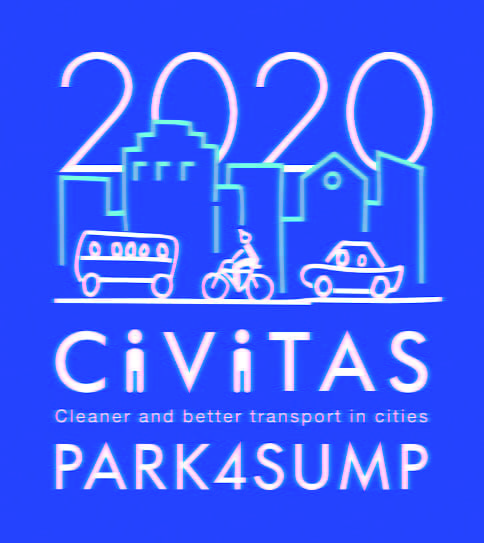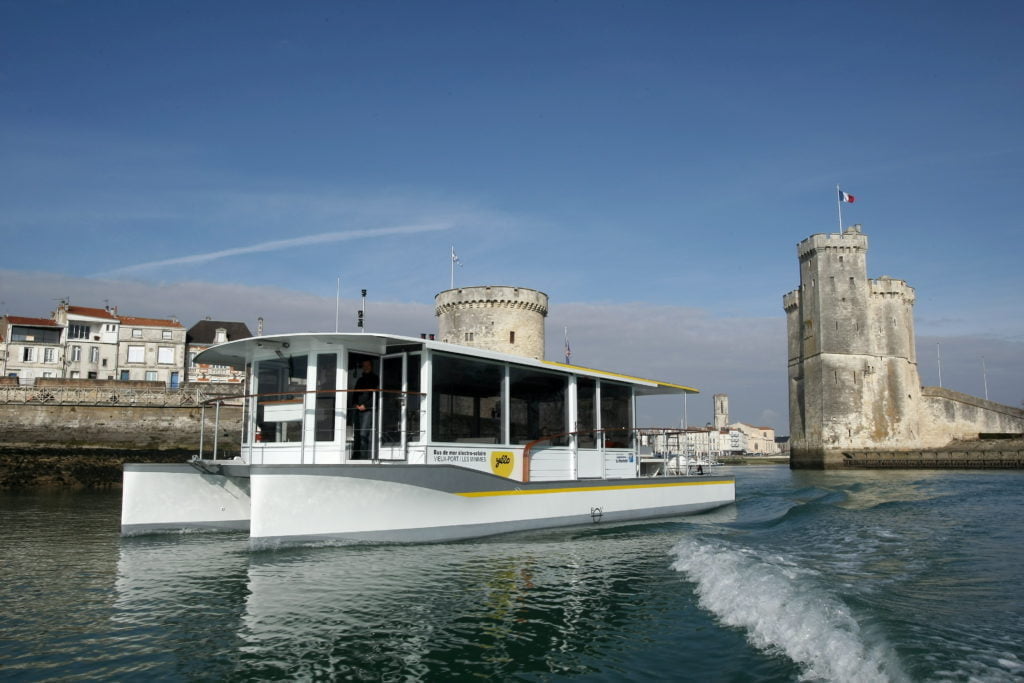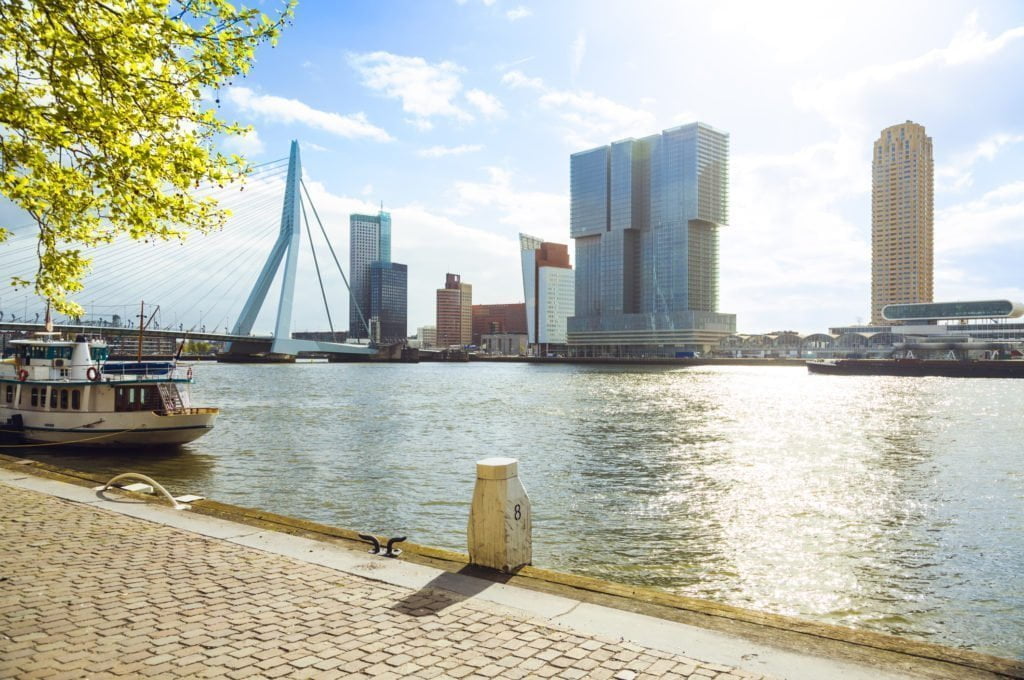Park4SUMP: parking management as game changer for urban mobility
Despite good parking management has proven to be beneficial in delivering sustainable urban mobility in our cities, it is still one of the most underdeveloped sections within the Sustainable Urban Mobility Planning (SUMP) policies. The Horizon 2020 project Park4SUMP aims to reverse this status by considering parking management as part of a wider strategy that can benefit urban mobility but also the overall quality of life of our cities. In fact, good parking management can help freeing up public space, supporting local businesses, reducing search travel, generating revenues, and making our cities more attractive.
Sixteen cities have teamed up in the project to demonstrate and transfer benefits of strategically and smartly managed parking.
Leading cities of Vitoria Gasteiz (ES), Rotterdam (NL), Freiburg (DE), Krakow (PL), and Trondheim will inspire, stimulate but also learn about experiences of barriers and success factors in parking policies form the follower cities of Sint-Niklaas (BE), Slatina (RO), Sofia (BG), Tallinn (EE), Zadar (HR), Shkodra (AL), Lisboa (PT), Gdansk (PL), La Rochelle (FR), Reggio Emilia (IT), and Umeå (SE).
Among the overall objectives of stimulating further innovation in parking management and turning parking policies from being reactive and operational as today to become more strategic, effective and holistic, the project aims to help partners cities to:
- Integrate parking management into their (future) SUMP
- Free an average of 10% of public space currently used for parking by means of participatory planning
- Invest at least 10% of parking revenues into sustainable transport, active modes such as walking and cycling and develop a more human-centred neighbourhoods.
The PARKPAD tool

A real gamechanger in urban parking will be the PARKPAD tool. This is a locally applied audit process that helps cities to review parking policies, achieve consensus on improvements and finally develop an action plan that fits the cities SUMP. The PARKPAD will optimise proven approaches in quality assessment of cycling policies (BYPAD) and SUMPs (QUEST). An informed an independent auditor starts with the collection of background information about the overall mobility and parking situation in the city. This information is than matched in a number of local meetings with views of different stakeholders (local elected officials, city administration, user groups, retailers etc.) collected by means of surveys. The auditors works towards a consensus on the appreciation of the state of play of the parking policy and practice in the city, and from that common starting point builds a PARKPAD Action Plan, comprising feasible, accepted parking measures. PARK4SUMP will pilot and refine the PARKPAD methodology in the sixteen PARK4SUMP cities, and prepare this for further deployment during and after the project’s lifetime.
The project is structured in a way that both leading and follower cities can benefit from each other’s in terms of knowledge sharing and best practices examples. They will also benefit from a solid capacity building programme (such as tailored trainings and webinars), outreach and cooperation linkage with the European and international context and policy advice.
Park4SUMP will also do ParkPAD audits in 10 more (external of the consortium) cities.
The Umeå Parking Pay-Off
A good example of the innovations PARK4SUMP will pilot and promote, is the Umea Parking Pay-Off. In this system, a developer of new real estate in Umea buys off all of the parking places for a property (stipulated in local parking standards), thereby the responsibility for parking is transferred to Upab. In practice, the developer pays 14 000 EUR per place to the Umea Parking Agency, so that they can group the parking offer. For the developer, this brings the advantage that only 50 to 60% of the cost of an on-site parking space needs to be paid. For the city, the benefit is that parking quota can be grouped in larger parking buildings, using the land in a more efficient way. The parking pay-off is managed through a signed agreement linked to the building permission for the development. On new parking building brings together the resources of 15 property owners, providing spaces not only for residents, but also 240 places for commuters.
This practice is also used to make the Umea urban mobility system more sustainable: the Green Parking Pay-Off allows developers to reduce the number of parking places they provide, if they offer alternatives for private car trips to their buildings. Measures they can put in place are for instance car-sharing schemes, bicycle parking facilities (heated with dressing rooms and bicycle service equipment), a mobility management fund or a comprehensive travel plan for the property. The Parking Pay-Off is part of an integrated parking strategy, and part of the city’s ‘comprehensive plan’ – comparable to a SUMP.
The project’s consortium
The project is coordinated by Mobiel 21 in Belgium and comprises a well-balanced selection of technical partners that ranges from consultancies (such as FGM- AMOR or Mobiel21), planners (such as ISINNOVA), large research institutes (Deutsches Institut für Urbanistik, DIFU), Universities (Edinburgh Napier University), and cities networks such as POLIS.
The project involves external experts, the European Parking Association (EPA) as well as the Dutch CROW/KpVV knowledge institute and EPOMM in the advisory board.
The website of Park4SUMP is currently under construction and will be built on the PUSH&PULL website, a successful predecessor project on parking management finalised in 2017.



